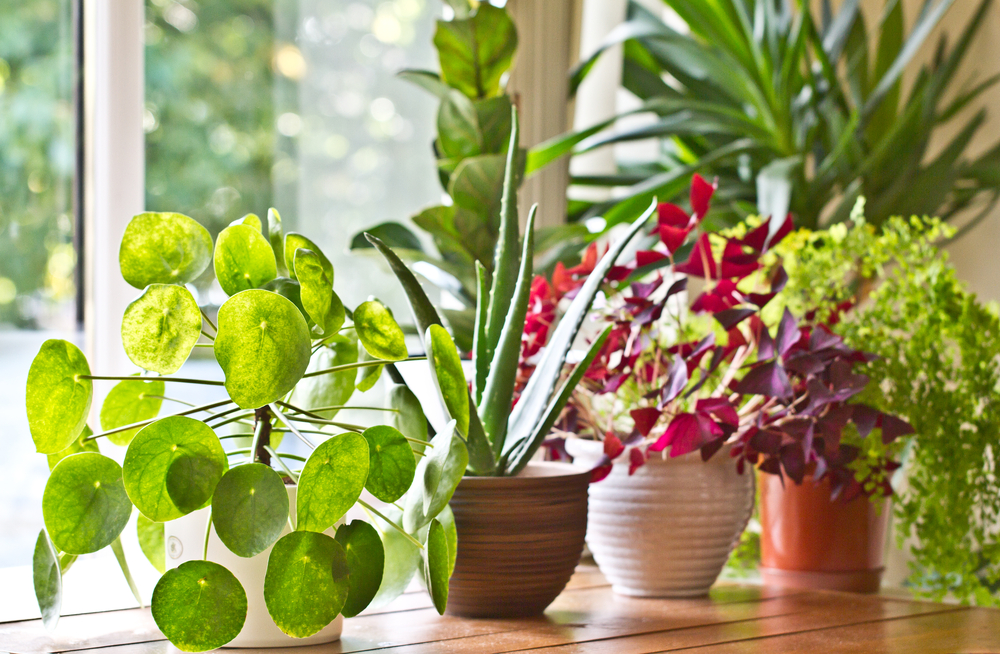
Controlling bugs that come from your indoor plants can be challenging. Indoor pests are insects and other organisms that can infest and harm indoor plants. They can include common pests like aphids, mealybugs, spider mites, and scale insects.
These pests can damage the plants by feeding on their leaves, stems, and roots, causing wilting, yellowing, and overall decline in health. Identifying and addressing these pests promptly is vital to protect your indoor plants and the overall health of your home. Indoor plants can develop pests for several reasons. Some common factors include:
- Environmental conditions: Indoor plants are often grown in controlled environments, creating favorable conditions for pests to thrive, such as high humidity or poor air circulation.
- Infested plants: When infested new plants are introduced to an indoor space, they can spread to other plants.
- Lack of air circulation: Stagnant air can create an environment where pests can quickly establish themselves. More so, good air circulation can help deter pest infestations.
- Poor soil quality: Soil that’s too compacted or lacks proper drainage can lead to root rot, which can attract pests.
- Contaminated tools and pots: Using dirty tools or pots can introduce pests to healthy plants.
Getting Rid of Indoor Plants Pests
If you want to eliminate indoor plant pests, applying one or a combination of the following methods can be helpful.
- Isolate-infested plants: If you find any infested plant within a space, quarantine it to prevent pests from spreading to other plants.
- Manual removal: Manual removal includes gently wiping or brushing off pests using a soft cloth or a small brush. For larger pests, tweezers can be used.
- Rinse with water: Gently spray the plant with water to dislodge pests, and ensure the water pressure isn’t too strong to avoid damaging the plant.
- Sticky traps: You may place yellow sticky traps near plants to catch flying pests like fungus gnats and whiteflies.
- Regular inspections: Continuously monitor your plants for any signs of new infestations or regrowth of pests.
- Repotting: If the infestation is severe, consider repotting the plant with fresh soil, ensuring it’s pest-free.
Hiring Professionals at A&M Pest Control
Bear in mind that consistency is vital when dealing with pests. If you start finding that these house plant pests are spreading to other places in your home, it may be time to call in the big guns. We recommend you employ the professional service of A&M Pest Control in Cape Cod and the South Shore for proper pest remediation services. The team will implement suitable and eco-friendly measures while considering necessary precautions to create a safe space for your family.
